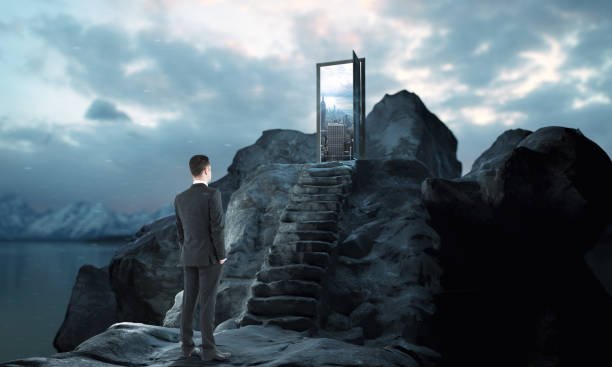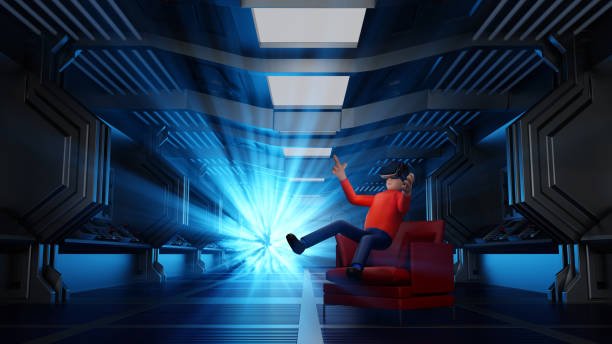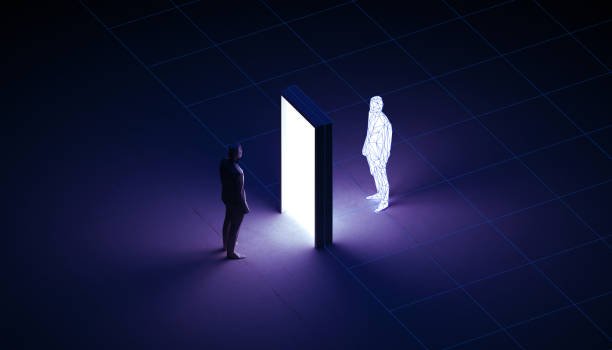VIRTUAL REALITY The Doorway We’re Stepping Through
Sometimes, I imagine waking up one morning, slipping on a lightweight headset, and instantly finding myself standing on the shores of Mars, watching a crimson sunrise. I could turn my head and see the dusty plains stretch endlessly, feel the wind even if it’s only simulated and hear the gentle hum of my spacesuit. It sounds magical, almost like living inside a dream. That’s the promise of Virtual Reality (VR) a promise that feels closer and closer every day.
Today, VR isn’t just for gamers anymore. In medicine, doctors can now practice complex surgeries on virtual patients before stepping into an actual operating room. In education, students can take a trip inside the human bloodstream or walk the streets of ancient Rome without leaving their classrooms. Even scientists use VR to visualize data in ways that were once impossible. It’s becoming a bridge between imagination and experience.
But with every bridge, there’s the question: Where does it lead us?
On one hand, VR could be the big break in technology that changes everything just as the internet did years ago. Imagine someone who has never traveled beyond their small town being able to visit Paris Tokyo or the depths of the ocean in a single afternoon. Imagine people with disabilities exploring mountains, forests, and galaxies they couldn’t reach physically. That’s not just technology; that’s freedom
However, the other side of me can’t ignore the risks. Technology has a way of wrapping us so tightly in its arms that we forget how to live without it. We’ve already seen this with smartphones how many times have we been guilty of scrolling endlessly, losing hours we could have spent truly living VR could amplify that. The more perfect the virtual world becomes, the more tempting it might be to choose it over reality
If we end up spending long hours inside these digital worlds, what will happen to our brains Our perception of time, space, and even human connection could shift. We might start valuing simulated experiences over real ones. Our creativity, instead of blossoming, could wither if we stop imagining new things and simply consume what’s already created for us. And then there’s the question of health our eyes, posture, and even mental well-being could be at risk if we’re not careful.
Still, I believe the technology itself isn’t the danger. The danger lies in how we use it. VR can be a doorway to endless learning, empathy, and creativity but it can also become a trap if we walk through it without balance. The key is remembering that virtual experiences should enhance our lives, not replace them.
Maybe the future is a place where we step into VR for inspiration, for training, for joy but we always step back out to live fully in the world that’s real. Because no matter how breathtaking a digital sunset may be, nothing will ever beat the warmth of the sun touching your skin for real
Thank you for reminding my post

https://vote.hive.uno/@hivecuba







Exactly... The risk is not in the risk of VR but we the users. Our dependency and addiction is the real cause for alarm
Sure 😊 ❣️💯 thanks 👍 for ready
Honest truth, we the problem associated with VR risks. Although, we can ignore to always talk about the risks..
Wow 😳 nice to hear from you we can ignore it
In the future we will keep using VR to trick our brains into believing certain things.